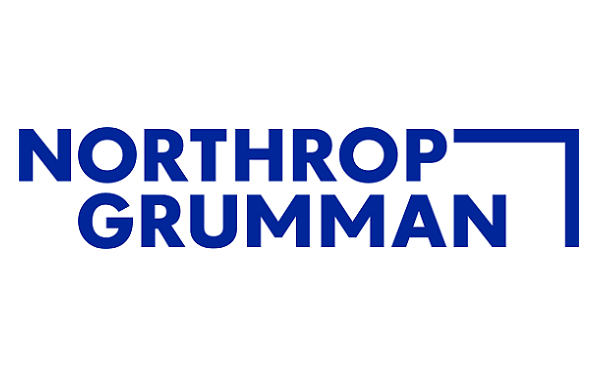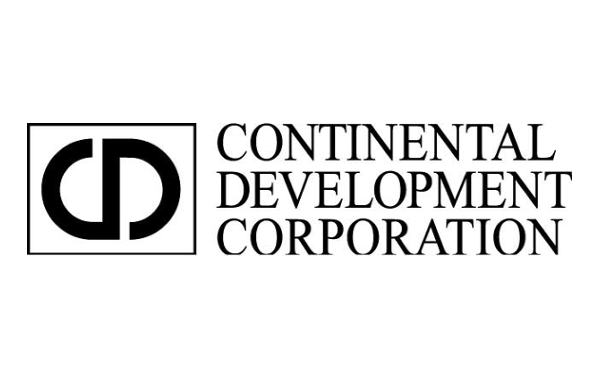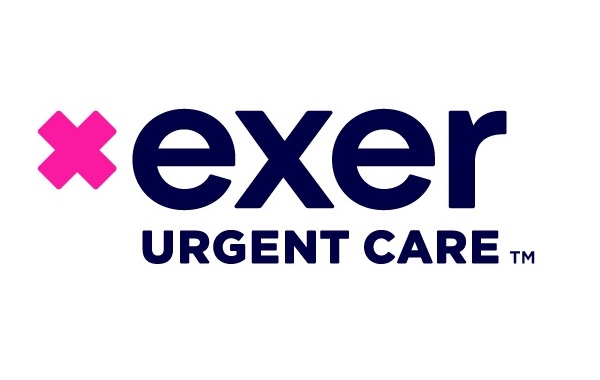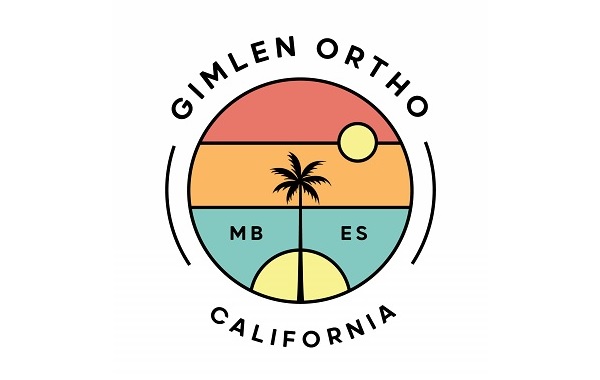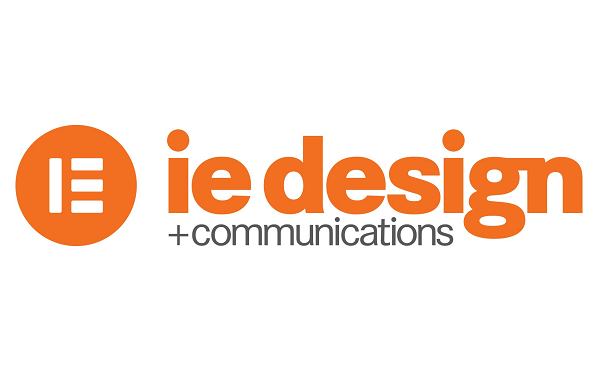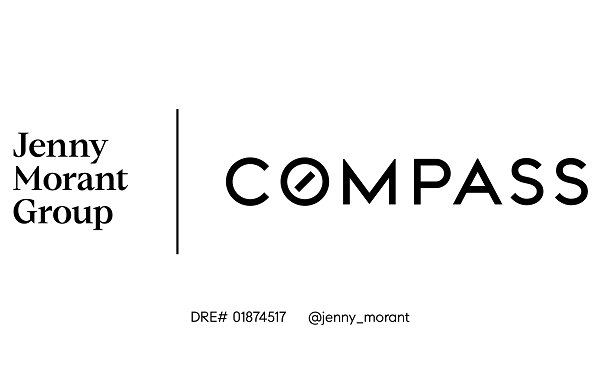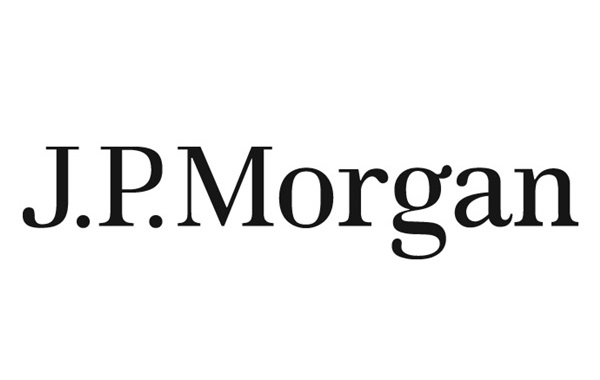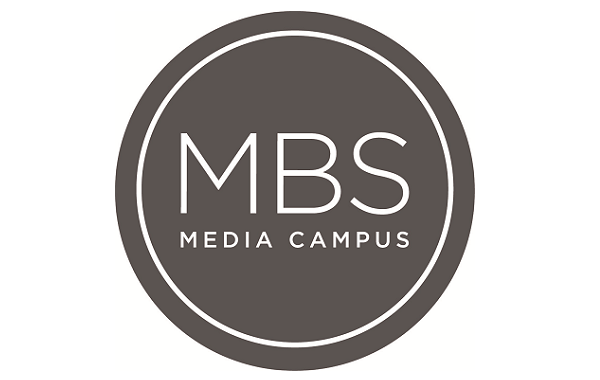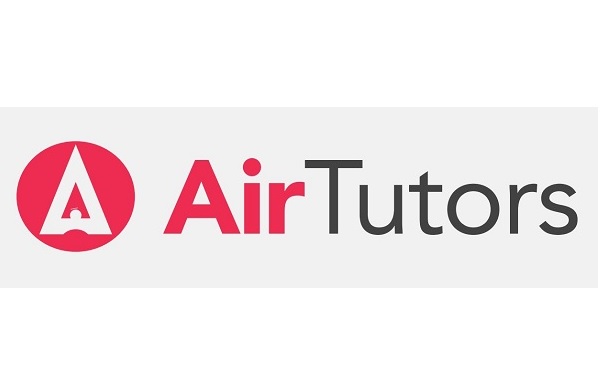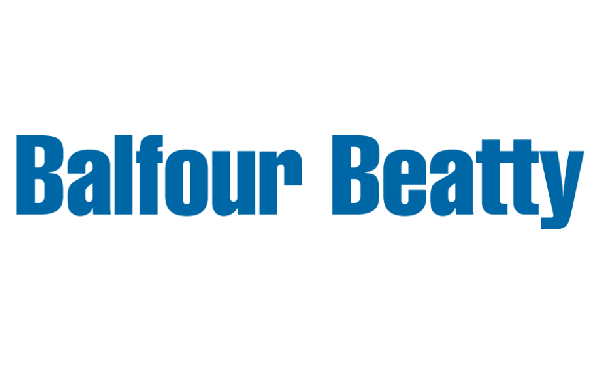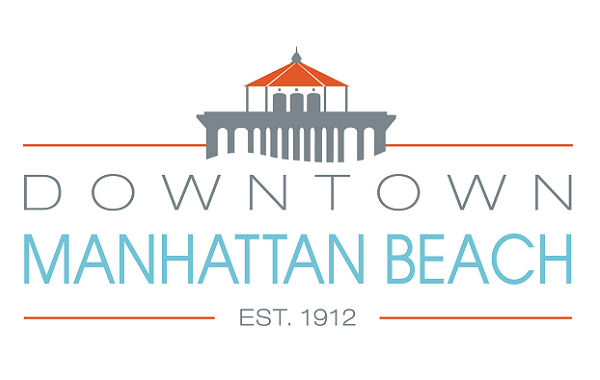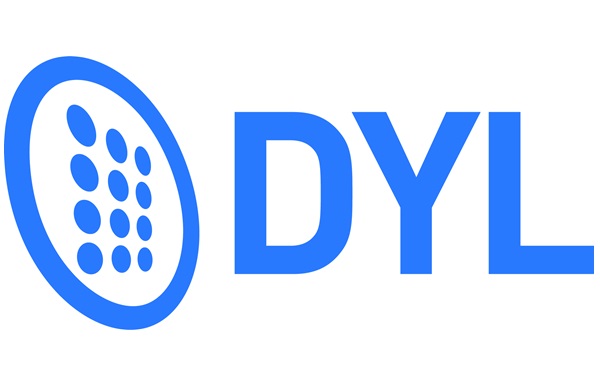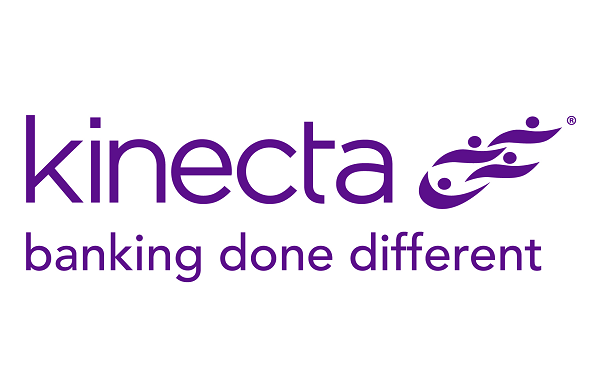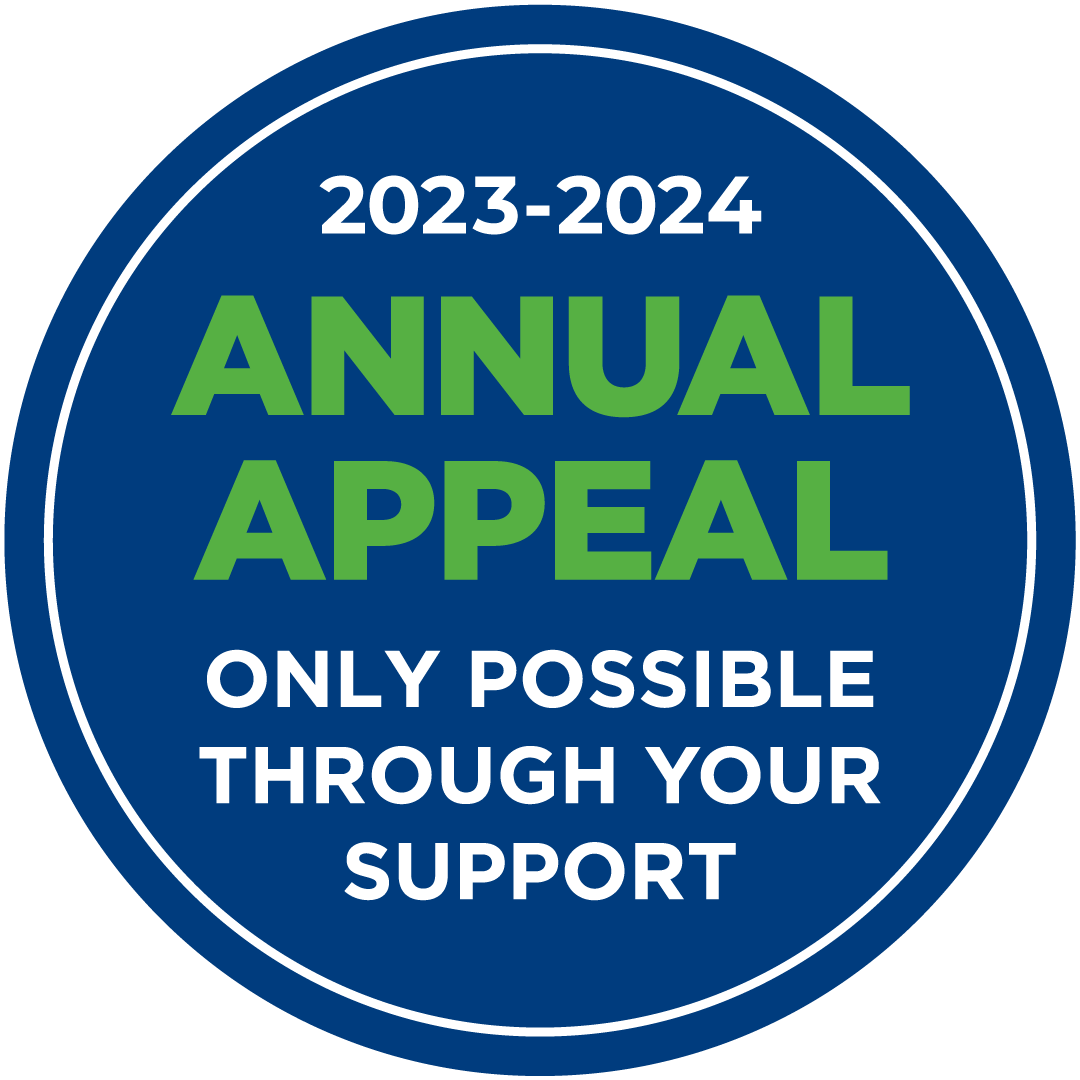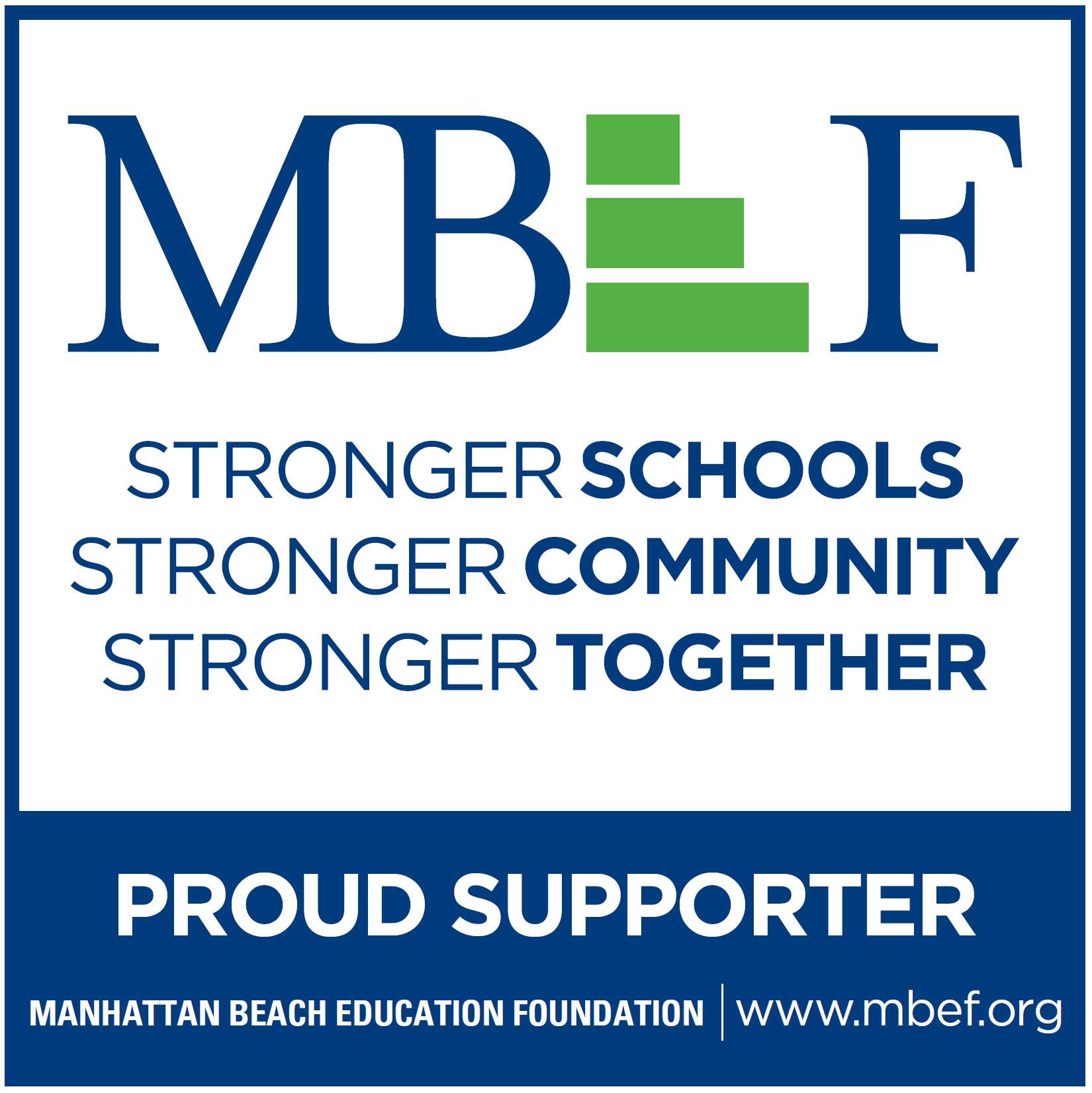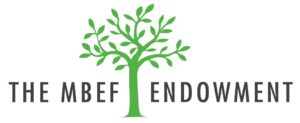by Hilary Mahan
“The K-12 Common Core State Standards represent a major advance in standards for Mathematics and English Language Arts. They are grounded in evidence about what it takes for high school graduates to be ready for college and careers and build on the finest state and international standards. Importantly, they provide a clear and focused progression of learning from kindergarten to graduation that will provide teachers, administrators, parents and students the information they need for student success.”
– Michael Cohen, President, Achieve
Since its adoption by the State Board of Education in 2012, leaders within our district have been collaborating on an in-depth implementation plan to ensure a successful rollout of the Common Core State Standards (CCSS).
Dr. Brett Geithman, Executive Director of Educational Services, took a few minutes to sit down and discuss the district’s bold plan for the road ahead. From the looks of the standing desk in his office and his busy calendar, Dr. Geithman doesn’t sit down often – he is on the move, to move our classrooms forward. With over 40 different Power Point presentations on Common Core in his back pocket, Dr. Geithman’s enthusiasm for the changes in store is infectious.
District Plan – An Unprecedented Change
The “big idea” of Common Core is meeting the needs of all students. As a father of young children himself, Dr. Geithman approaches his role at MBUSD through the lens of a father first. When he walks into a classroom for observations or attends a training workshop, he considers the impact on his own children. He recognizes that the changes in store are intense and demanding, but also extremely empowering. This balance, he believes, is the optimal place for MBUSD.
The District is currently implementing all three major shifts in English Language Arts across all subjects – a focus on informational text, evidence in the text, and complex text. In order to help meet these needs, a balanced literacy approach is necessary. This provides for an environment where the teacher and students work closely together on interactive writing and word work in small groups, while also allowing for teacher driven instruction and student independence.
The District has intentionally taken more time to shift to the changes in mathematics. The CCSS are more significant in their approach to mathematics instruction and require greater attention and time to ensure success. There is a greater emphasis on conceptual understanding and the productive struggle and pathways to a solution. So, for example, instead of answering a multiple choice question with just one correct answer, a student will be given a word problem and asked to explain 3 different ways in which they can come to a solution. The three big shifts that they are moving towards are focus, coherence and rigor.
The implementation of Common Core will undoubtedly force a change in MBUSD textbooks as well, particularly math books. But Dr. Geithman also sees a significant change in the dependence on the textbooks themselves.
Professional Development – The Commitment to Staying Current
Like the Common Core standards themselves, Dr. Geithman does not see professional development as a “one-size fits all” approach. Of the $1.3 million dollars allocated to MBUSD for the implementation of the CCSS, MBUSD is dedicating $800,000 to the professional development of its best resources, our teachers.
The goal is for each teacher to receive 50 hours of professional development this year, but in reality, Dr. Geithman says each full-time teacher will receive between 55-60 hours of training. He took time to meet with teachers to help identify their goals with Common Core and then sought out the best pathways to meet those goals. According to Dr. Geithman, teachers have already been implementing many of the strategies demanded by the Common Core and the District wants to support them in their next steps.
Once the goals are identified, the teachers are grouped by department and grade level, and then attend training from peers, leaders in education and other related industries, and an entire network of staff development partners. A survey is completed after each workshop to attain progress and, thus far, the training is measuring up. On any given survey, between 85-100% of teachers feel the presenters have strongly impacted their teaching and provided tools a teacher can implement in the classroom immediately.
Professional development won’t end in the workshops, however. The challenge is to keep it alive. Through coaching, co-teaching, observations and other tactics, the training will continue. Towards the end of the school year, every elementary teacher is hosting an observation, or focus group, to demonstrate growth in an area the teacher self-selected that relates to balanced literacy.
There is a commitment to staying current and providing training on the best practices. The pool of substitute teachers has more than doubled over the past year to meet the needs of the District’s professional development plan, and Dr. Geithman doesn’t see that changing anytime soon. Professional development will be a natural part of MBUSD’s growth potential.
Measuring Success – Long term Success
The new Smarter Balanced Assessment System utilizes adaptive computer based assessments to measure an understanding of the Common Core standards. In Spring of 2015, all MBUSD students in grades 3-11 will take the English Language Arts and Mathematics tests. Data from the Smarter Balanced tests given the following Spring of 2016 will be analyzed with the baseline data to develop some sort of API score or school effectiveness indicator for the 2015-2016 school year.
Persistent collaboration and professional development will ensure that MBUSD continues to improve upon its success with adopting the CCSS in the classroom. Dr. Geithman believes that teaching is moving towards being more public. As teachers continue to collaborate more, MBUSD will provide a “guaranteed and viable curriculum” with greater consistency for all students. The learning experience for a third grader at one school site will be more similar to that of a third grader at a different school site. Dr. Geithman believes in providing support when teachers need additional assistance – and through the variety of structures being implemented now – that support will be close at hand.
Adoption of the Common Core standards is an ongoing process – one that will require much consideration and patience on many levels. New approaches to homework, substitutes in the classroom and shifts in process will all be challenging to the students, parents and teachers in the community. But with the progressive plan and vision, the growth promises to be inspiring.
For an additional look at MBUSD’s goals for this year, watch Dr. Geithman’s presentation on Common Core that was presented at Back-to-School nights throughout the district.






